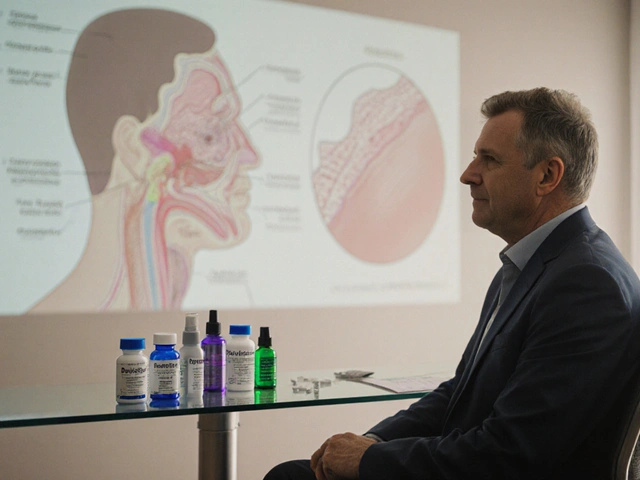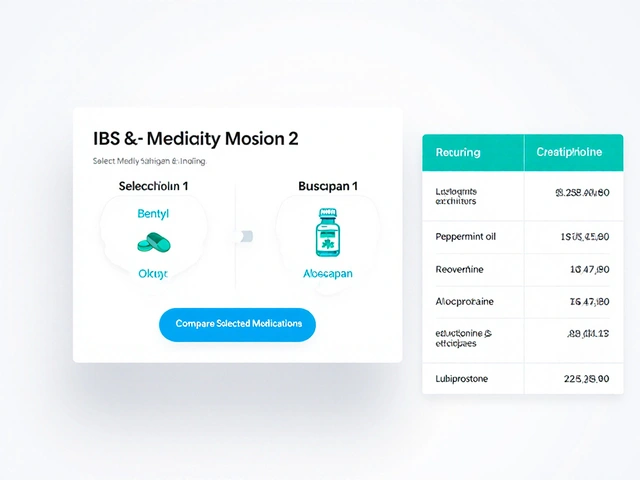Wine supplements: resveratrol, grape seed and polyphenols — what they do and who they help
Wine supplements usually mean extracts from grapes or wine compounds — most often resveratrol, grape seed extract, and mixed polyphenols. People take them for antioxidant support, heart health, and sometimes blood sugar or brain benefits. They aren’t a miracle, but they can be a useful part of a health plan if chosen and used carefully.
What wine supplements actually do
Resveratrol is the compound you’ve heard about from red wine. In supplement form it can act like an antioxidant and may support blood vessel function. Some human studies suggest modest improvements in blood sugar control and vascular function at higher doses, but results vary a lot between trials.
Grape seed extract is high in proanthocyanidins, strong antioxidants that can support circulation and reduce oxidative stress. Clinical trials show benefits for leg circulation and capillary health in people with poor blood flow, though effects are usually mild to moderate.
Polyphenol blends combine several plant compounds for general antioxidant support. They can reduce inflammation markers in short-term studies, but long-term clinical proof for disease prevention is limited.
How to pick and use wine supplements safely
Start by checking the label: look for standardized extracts (example: resveratrol 98% or grape seed with a proanthocyanidin percentage). Third-party testing seals (USP, NSF, or independent labs) add trust. Avoid products that promise unrealistic cures or mix dozens of undisclosed herbs.
Typical supplement doses you’ll see: resveratrol ranges from 150–500 mg daily in commercial products; grape seed extract often falls between 100–300 mg daily. These are common doses in supplements and many trials. Don’t assume higher is better — rates of absorption are low, and high doses may raise side effects.
Watch for interactions. Resveratrol and grape seed can increase bleeding risk when taken with blood thinners (warfarin, aspirin, clopidogrel) or some NSAIDs. They may also affect how the liver processes certain drugs. If you’re on cardiovascular meds, blood thinners, or any long-term prescription, check with your clinician before starting.
Avoid during pregnancy or breastfeeding unless a doctor approves. Children usually don’t need these supplements unless directed by a pediatric specialist.
Practical tips: buy from reputable brands, store bottles away from heat and light, start with the lowest recommended dose, and try one product at a time so you can notice effects or side effects. Track changes for 4–12 weeks — most benefits show up slowly, not overnight.
If you want heart or metabolic benefits, focus first on proven basics: good diet, regular activity, and sleep. Wine supplements can be added on top of that, not instead of it. Ask your healthcare provider about interactions and the best option for your health goals.

Wine dietary supplements are gaining popularity for their potential health benefits. These supplements, often made from wine extracts like resveratrol, are known to offer cardiovascular support, antioxidant properties, and anti-aging effects. Unlike consuming wine itself, these supplements can provide these benefits without the alcohol intake. We'll explore how they work and what science says about them, offering valuable insights for those interested in enhancing their well-being through alternative nutritional approaches.
Continue Reading





